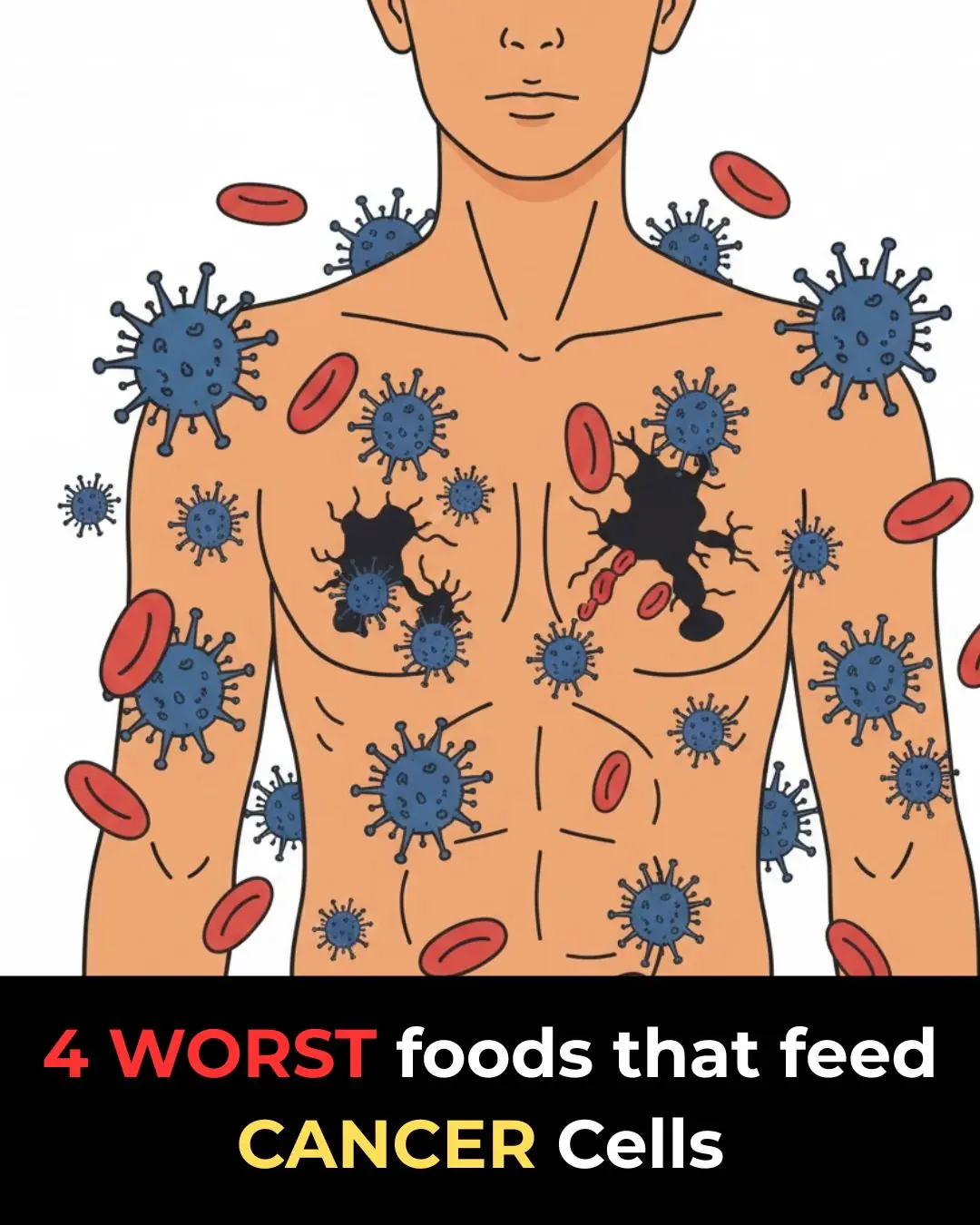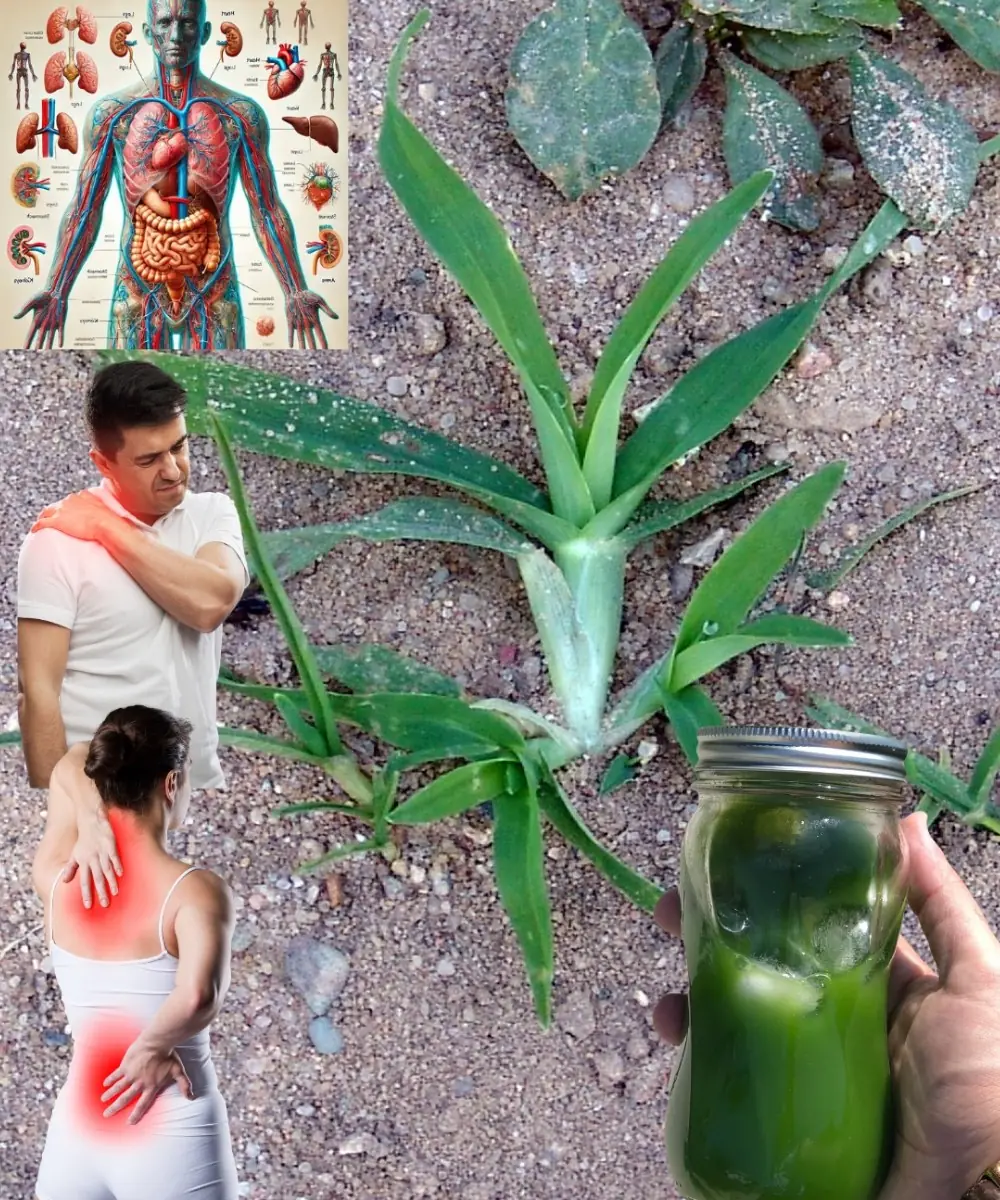
Foods and Lifestyle Choices That May Influence Cancer Risk
Did you know that a significant percentage of cancers may be linked to lifestyle and environmental factors? While we cannot change our genetics, research shows that diet, physical activity, body weight, alcohol intake, and exposure to toxins can influence how our genes behave over time.
This means that our daily choices — especially what we eat — can either support long-term health or increase the conditions in which cancer is more likely to develop. Understanding these connections helps us make smarter, more protective decisions for our bodies.
Important note: No single food causes or cures cancer. Risk is influenced by a complex interaction of genetics, lifestyle, environment, and chance.
How Cancer Develops (In Simple Terms)
Cancer begins when a normal cell develops damage (mutations) in its DNA. If the body fails to repair or destroy that damaged cell, it may start to multiply uncontrollably.
For cancer cells to grow and spread, they often rely on several conditions:
-
Glucose (sugar) for energy
-
Growth signals such as insulin and IGF-1
-
Inflammation, which weakens normal immune defenses
-
A blood supply, created by a process called angiogenesis
Certain lifestyle habits and dietary patterns can contribute to these conditions. Fortunately, many of those habits are modifiable.
Key Takeaways
-
Many cancers are linked to preventable lifestyle factors, especially diet, weight, alcohol, and inactivity
-
Cancer cells thrive in environments high in sugar, inflammation, and hormonal imbalance
-
Certain foods and preparation methods may increase risk, while others may help protect the body
-
Small, consistent changes can lower long-term cancer risk
Foods and Substances to Be Mindful Of
1. Aflatoxins – Toxins From Mold
Aflatoxins are toxic substances produced by certain molds that grow on improperly stored crops such as:
-
Peanuts
-
Corn
-
Rice
-
Tree nuts (almonds, pistachios, walnuts)
Long-term exposure to high levels of aflatoxins has been linked to a higher risk of liver cancer.
Safer tips:
-
Buy nuts and grains from reputable sources
-
Avoid foods that smell musty or appear discolored
-
Store nuts and grains in cool, dry conditions
-
Respect expiration dates
-
Avoid consuming visibly moldy food
Milk and dairy may also contain small traces if animals are fed contaminated grain, making proper agricultural regulation important.
2. High Sugar and Highly Processed Carbohydrates
Although sugar itself does not directly "cause" cancer, a diet chronically high in sugar and refined carbohydrates can contribute to:
-
Obesity
-
Insulin resistance
-
Chronic inflammation
-
Increased levels of insulin and IGF-1 (growth factors)
These conditions are associated with increased risk of several cancers, including breast, colorectal, and pancreatic cancers.
Healthier swaps:
-
Replace sugary drinks with water, unsweetened tea, or sparkling water
-
Choose whole fruits instead of candy or baked goods
-
Opt for whole grains, beans, vegetables, and high-fiber foods
-
Keep desserts and sweet snacks as occasional treats
A lower-glycemic, fiber-rich diet helps regulate blood sugar and may reduce inflammation.
3. Processed and Red Meats
Processed meats (such as bacon, hot dogs, and sausages) are classified by the World Health Organization as Group 1 carcinogens for colorectal cancer when consumed in high quantities.
Red meats, when eaten in excess or cooked at very high temperatures, have been associated with increased cancer risk as well.
Two factors contribute to concern:
-
Nitrites and nitrates in processed meats can form carcinogenic compounds in the body
-
High-temperature cooking (grilling, charring) can create harmful chemicals such as HCAs and PAHs
Practical approach:
-
Reduce the frequency of processed meat consumption
-
Use lower-heat cooking methods (baking, stewing, steaming)
-
Balance meals with plenty of vegetables, legumes, and fiber-rich foods
-
Focus on diversification: fish, plant proteins, poultry in moderation
Fiber is especially important, as it supports gut health and may help protect against colorectal cancer.
4. Alcohol – A Confirmed Cancer Risk Factor
Alcohol is classified as a Group 1 carcinogen by the International Agency for Research on Cancer (IARC). Even moderate consumption is linked to increased risk of cancers of the:
-
Mouth
-
Throat
-
Esophagus
-
Liver
-
Breast
-
Colon
Alcohol breaks down into acetaldehyde, a toxic compound that damages DNA and interferes with the body’s ability to repair itself. It also makes it easier for other carcinogens to enter cells.
Lower-risk choices:
-
Reduce consumption or choose alcohol-free days
-
Avoid daily drinking habits
-
Replace with sparkling water, herbal teas, or non-alcoholic options
The less alcohol consumed, the lower the cancer risk.
Foods That May Help Protect the Body
While no food “prevents” cancer entirely, diets rich in the following are associated with lower overall risk:
✅ Fruits and vegetables
✅ Whole grains
✅ Legumes and beans
✅ Nuts and seeds
✅ Olive oil
✅ Herbs and spices (turmeric, garlic, ginger)
✅ Green tea
These foods provide:
-
Antioxidants
-
Fiber
-
Anti-inflammatory compounds
-
Vitamins and minerals
-
Phytochemicals that support cellular health
A Mediterranean-style or plant-forward diet is widely considered one of the most protective patterns.
Lifestyle Habits That Matter Just as Much
In addition to diet, these play a major role in cancer prevention:
-
Maintaining a healthy weight
-
Exercising regularly
-
Getting enough sleep
-
Not smoking
-
Managing stress
-
Protecting your skin from sun damage
Food is powerful, but it is only one piece of the puzzle.
Final Thoughts
We cannot control our genes, but we can strongly influence how they express themselves. By reducing exposure to harmful substances, lowering inflammation, balancing blood sugar, and nourishing our bodies with whole, natural foods, we can significantly lower our overall cancer risk.
Small choices, repeated daily, build long-term protection.
Your body is constantly working in your favor. Supporting it with mindful eating and healthy living is one of the most meaningful investments you can make.
News in the same category

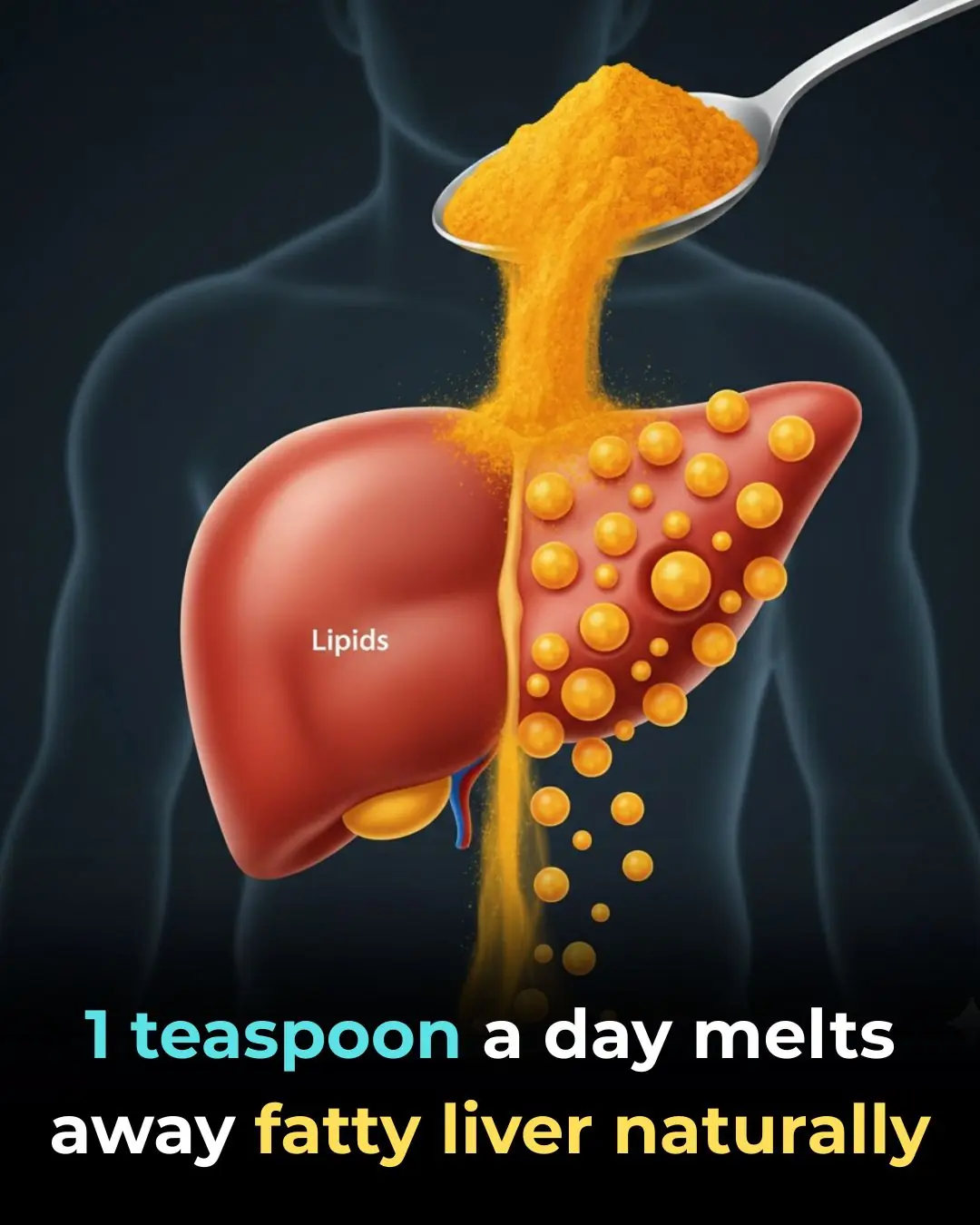
Fatty Liver Disease: A Growing Silent Health Concern – And How Turmeric May Support Liver Health

Drink one cup daily of this juice to UNCLOG arteries?

Don’t ignore your legs: the surprising early signs of pancreatic cancer
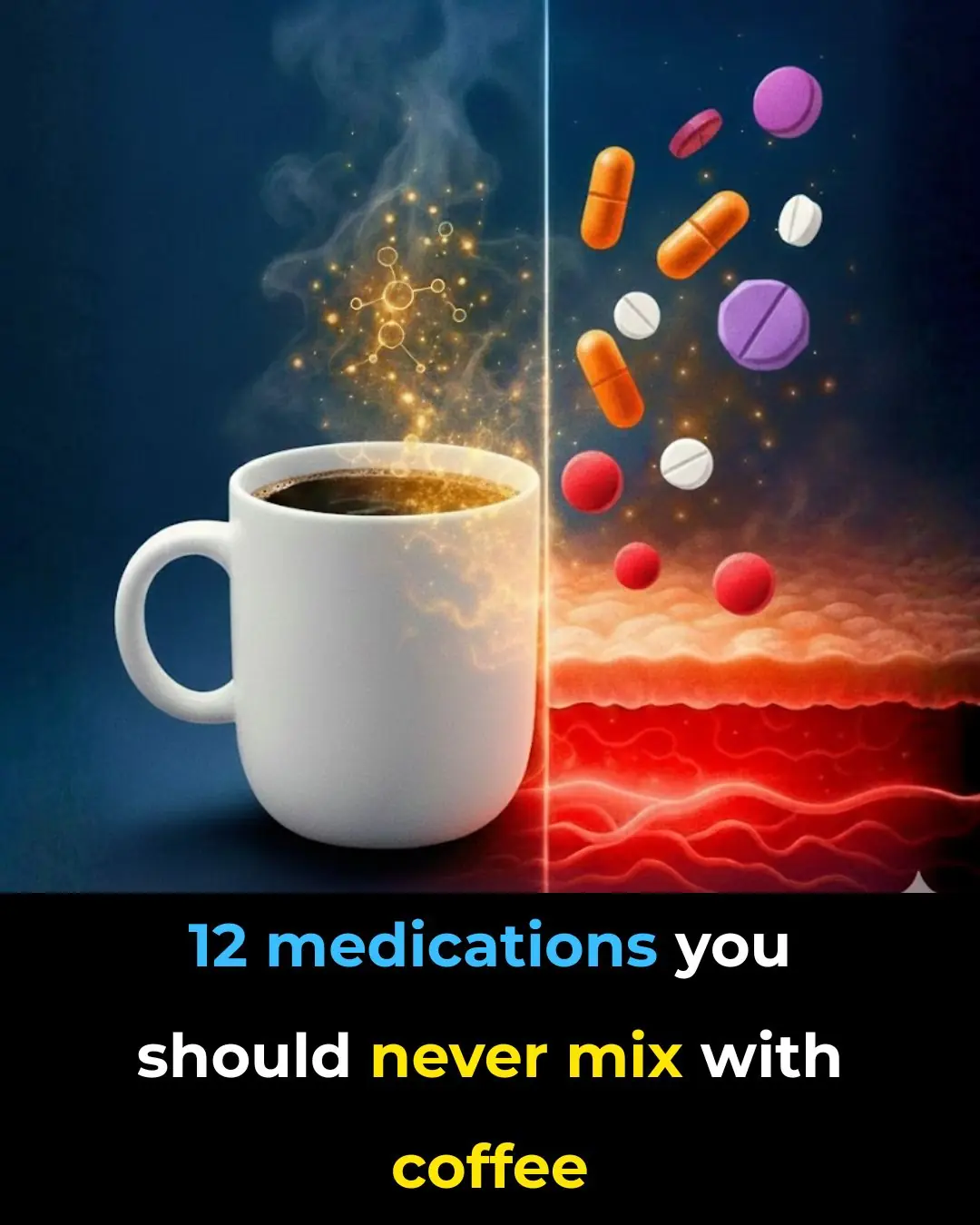
12 medications you should never mix with coffee
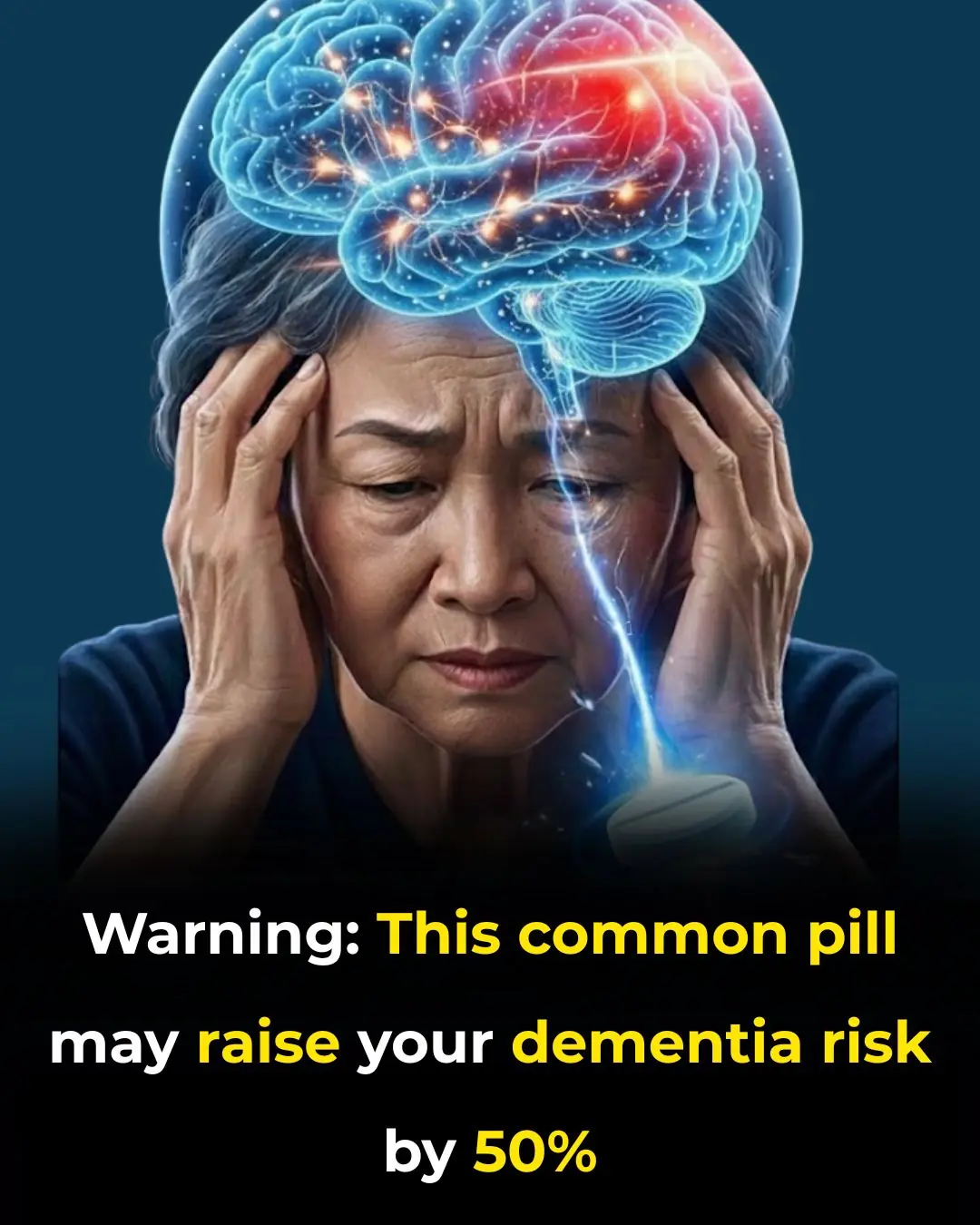
WARNING: This common pill causes dementia
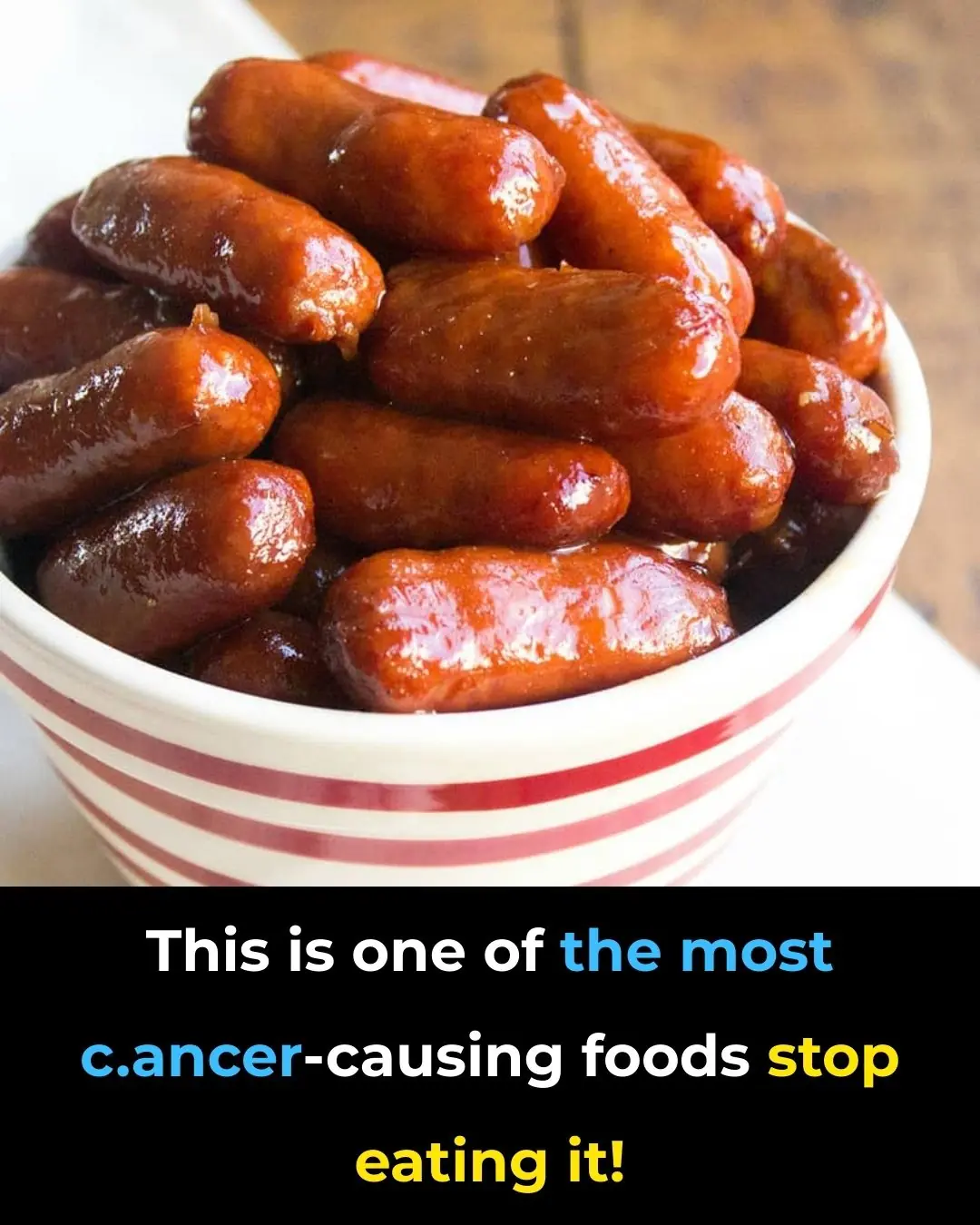
This Is One Of The Most C.ancer-Causing Foods – Stop Eating It!

Improve Eyesight Naturally With Onion Tea: Benefits, Uses & How to Make It

Roll your feet daily—unlock rapid healing throughout your body!
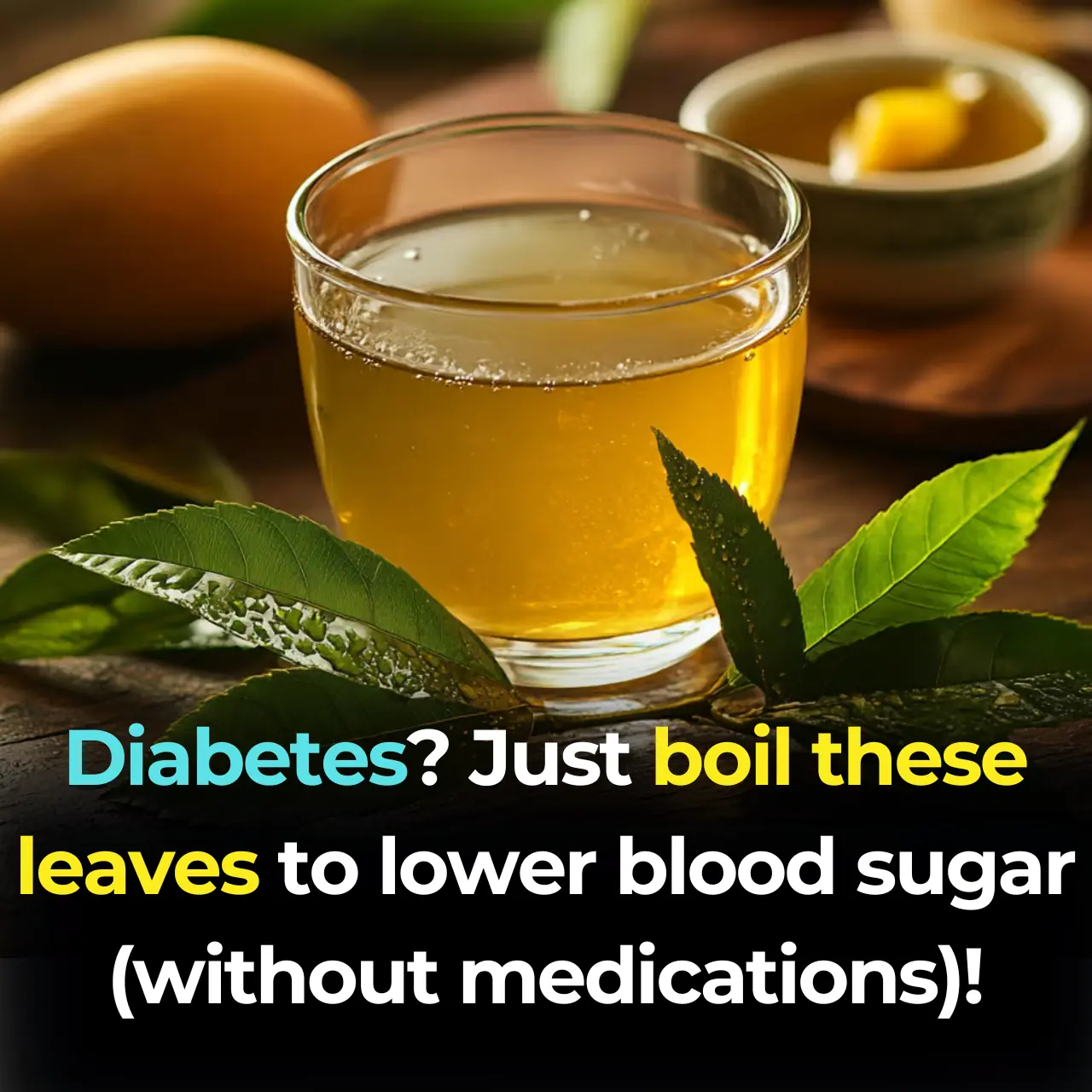
Diabetes? Just boil these leaves to lower blood sugar (without medications)!

How to Get Rid of Bad Breath (Halitosis): Scientifically Proven Home Remedies

One simple scoop a day can spark full-body healing — here’s what happens next
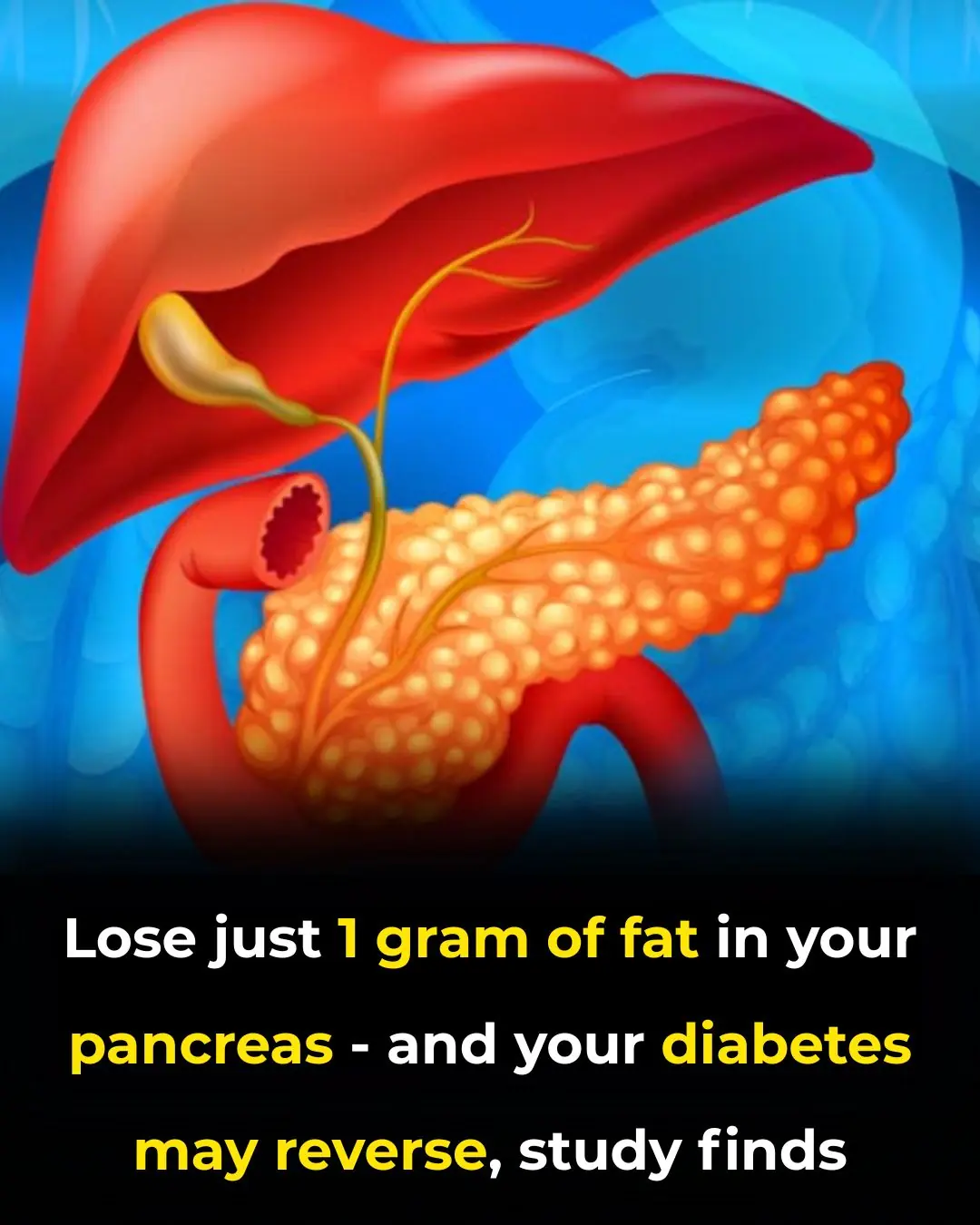
Losing Just 1 Gram of Fat In The Pancreas Will Have THIS Effect On Your Body

The best way to lower blood pressure fast!
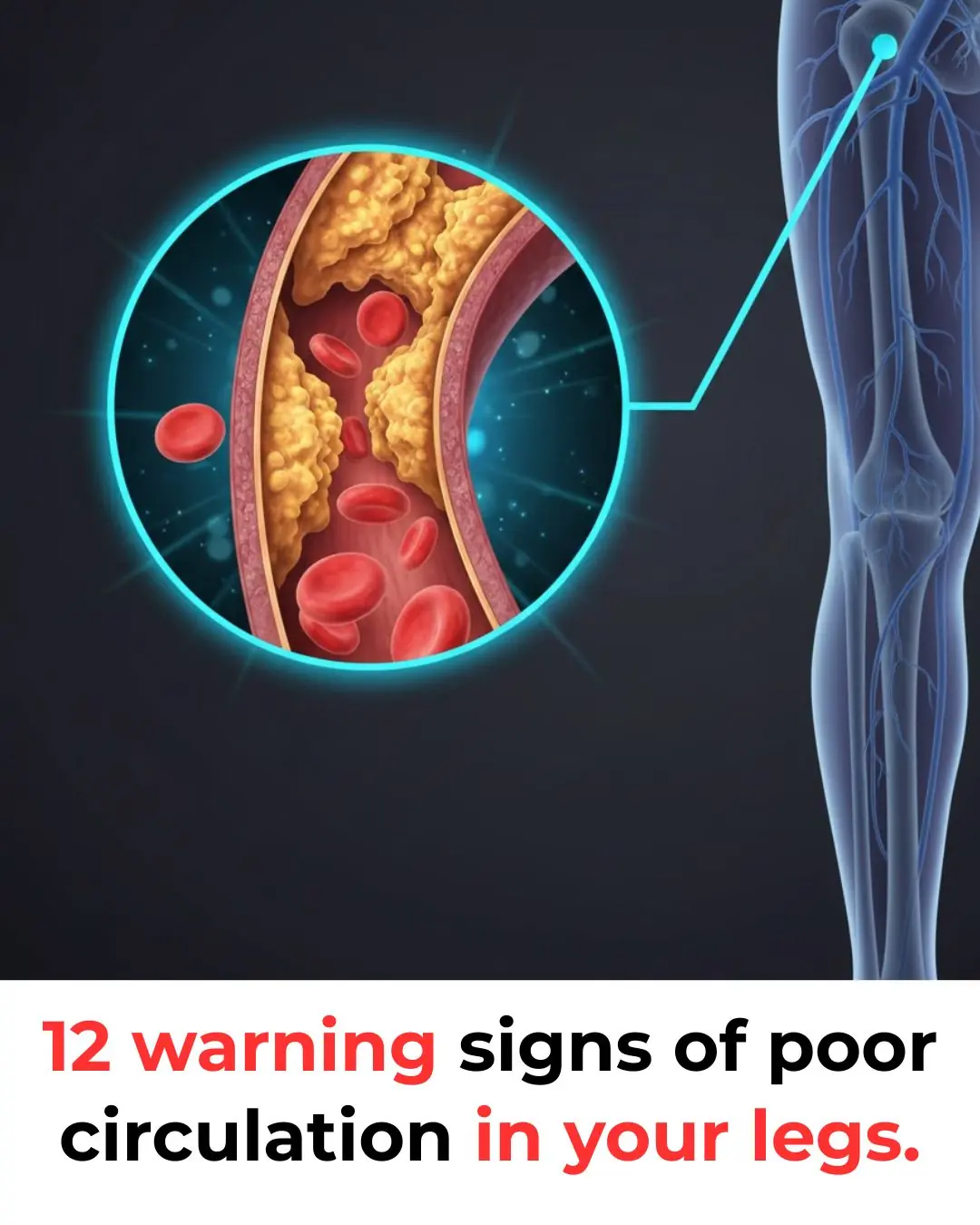
Top 12 Symptoms of Poor Blood Circulation in Legs
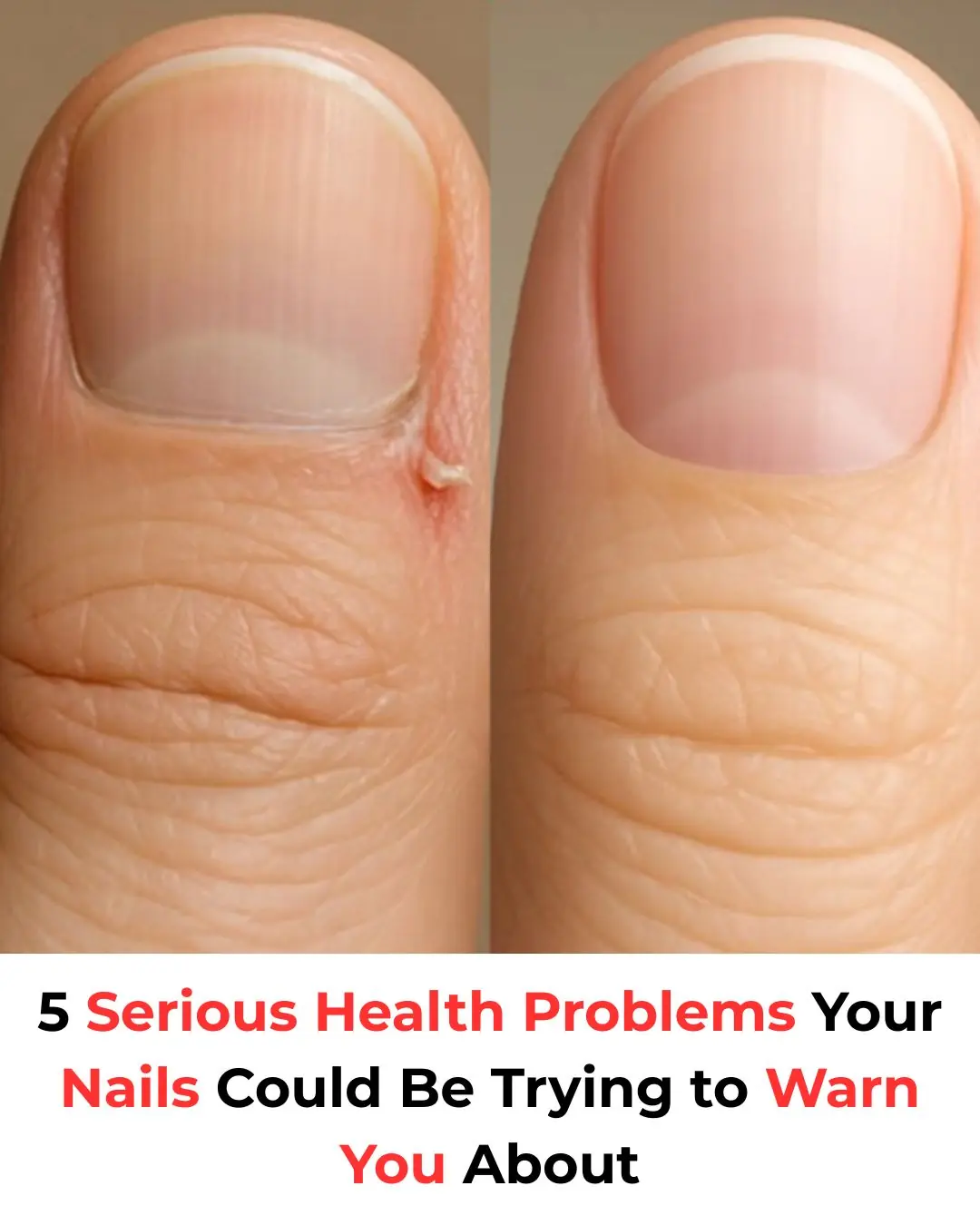
5 Serious Health Problems Your Nails Could Be Trying to Warn You About

How to Get Rid of Bad Breath (Halitosis): Scientifically Proven Home Remedies
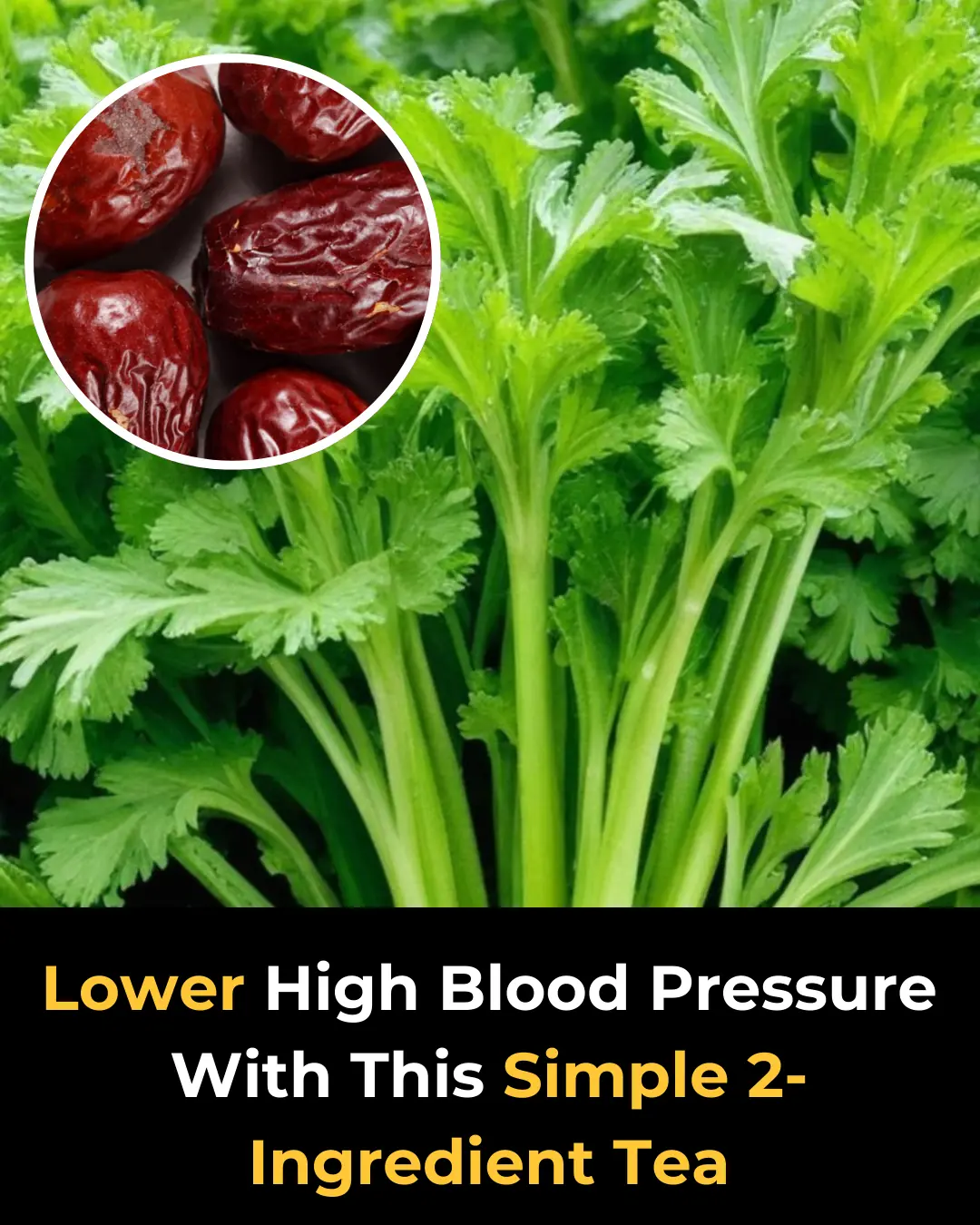
Got High Blood Pressure? Try This 2-Ingredient Tea!
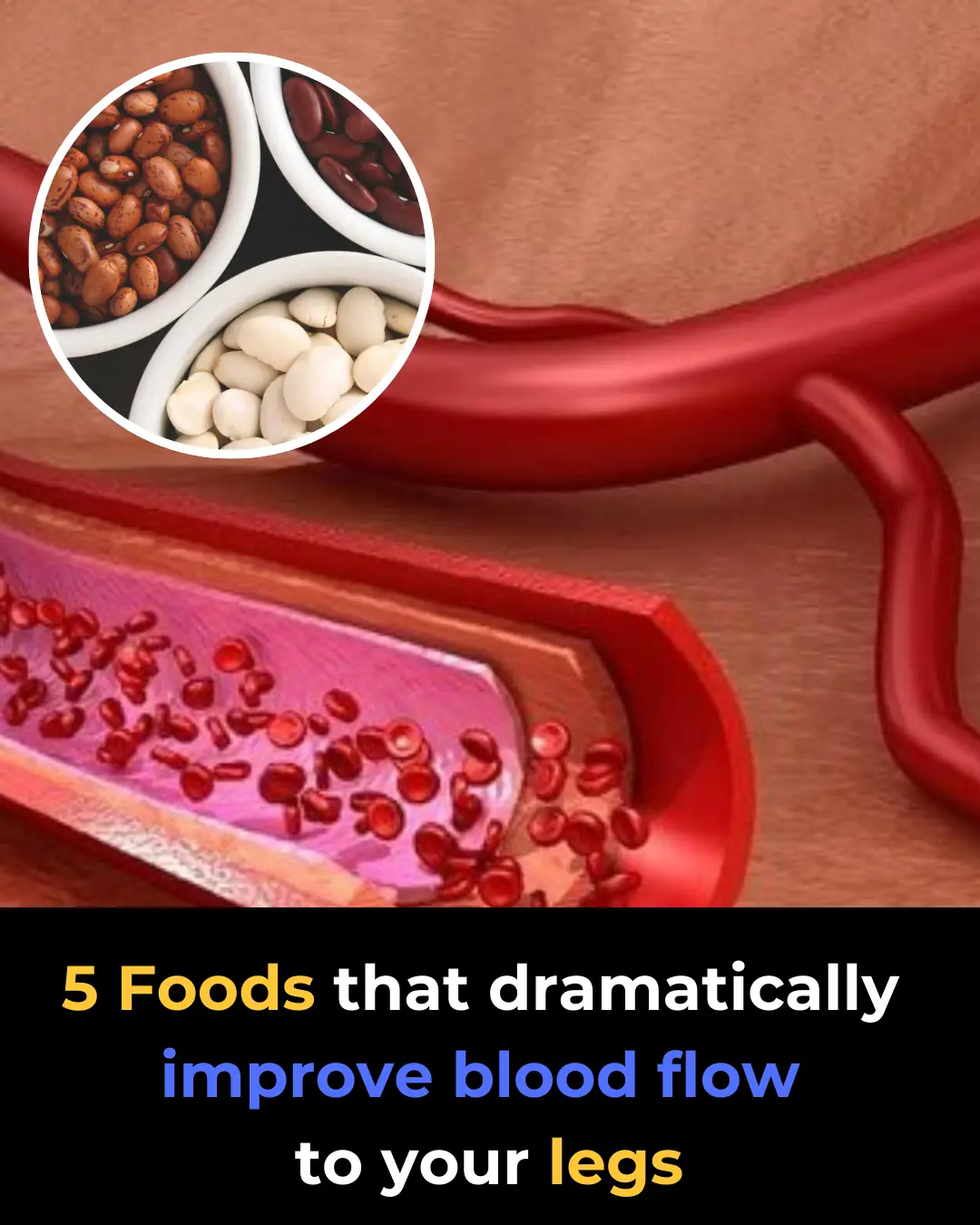
5 Foods That Dramatically Improve Blood Flow to Your Legs
News Post

Crabgrass: The “Weed” That Could Be a Wellness Wonder

Fatty Liver Disease: A Growing Silent Health Concern – And How Turmeric May Support Liver Health

15 Best Skin Gels for Glowing Skin & Wrinkles
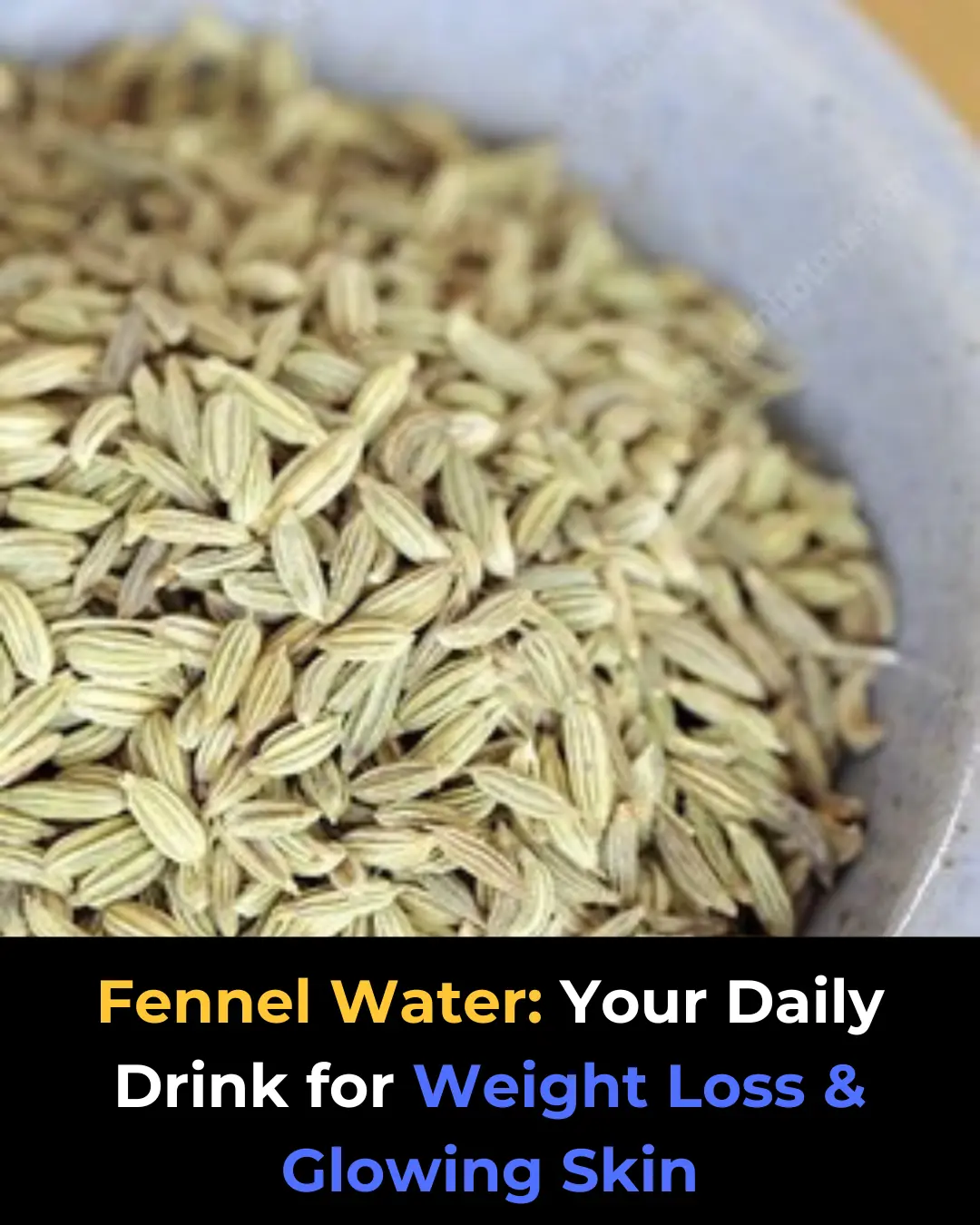
How to Make Fennel Seeds Water/Tea – Benefits of Fennel Seeds for Weight Loss & Health

Israel’s Innovative Smart Water Pipes: Revolutionizing Water Infrastructure and Renewable Energy Generation

Drink one cup daily of this juice to UNCLOG arteries?

Jorge the Loggerhead Turtle: A Story of Rehabilitation, Freedom, and Remarkable Resilience

Don’t ignore your legs: the surprising early signs of pancreatic cancer
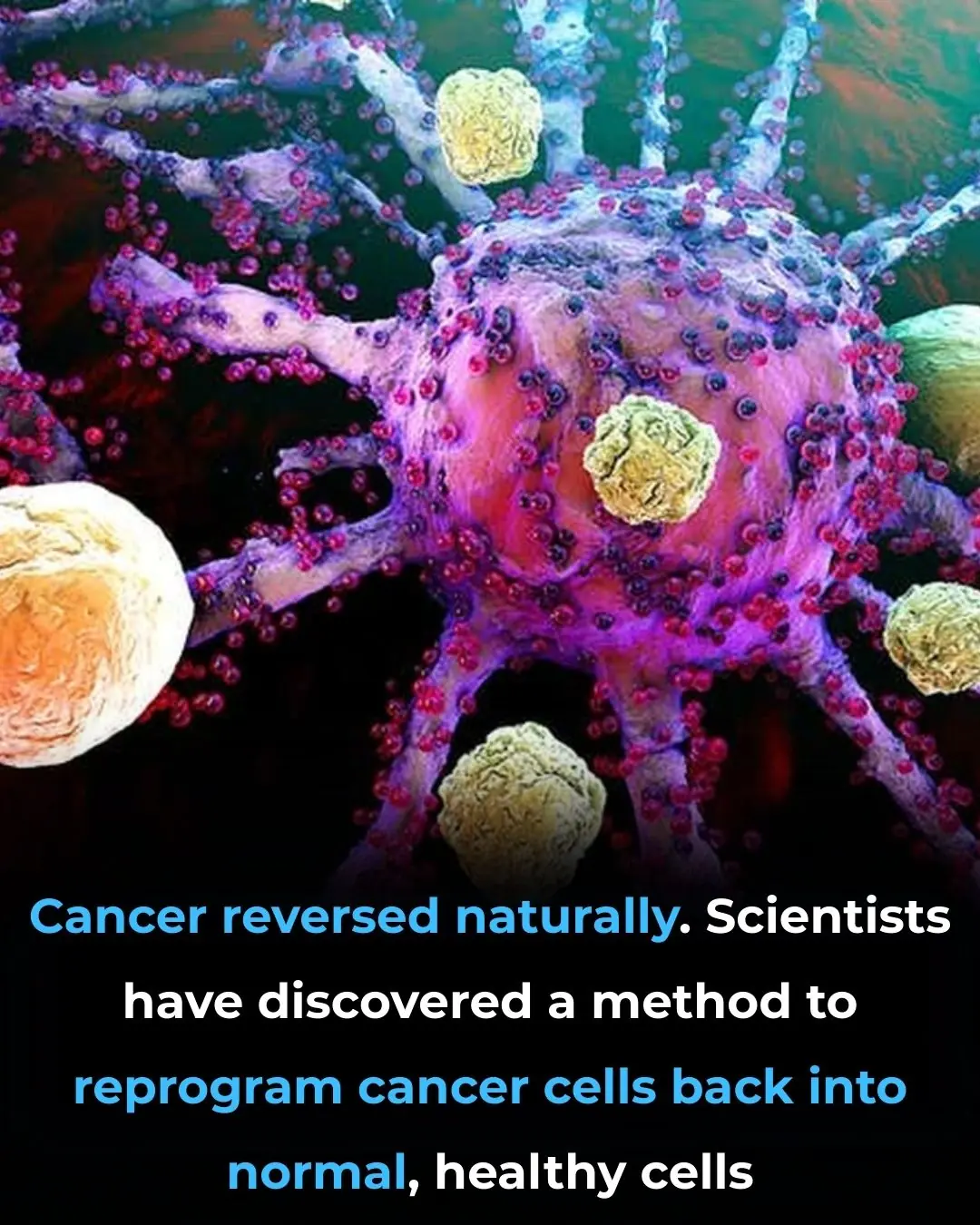
Revolutionary Discovery: Reprogramming Cancer Cells to Restore Health and Transform Treatment
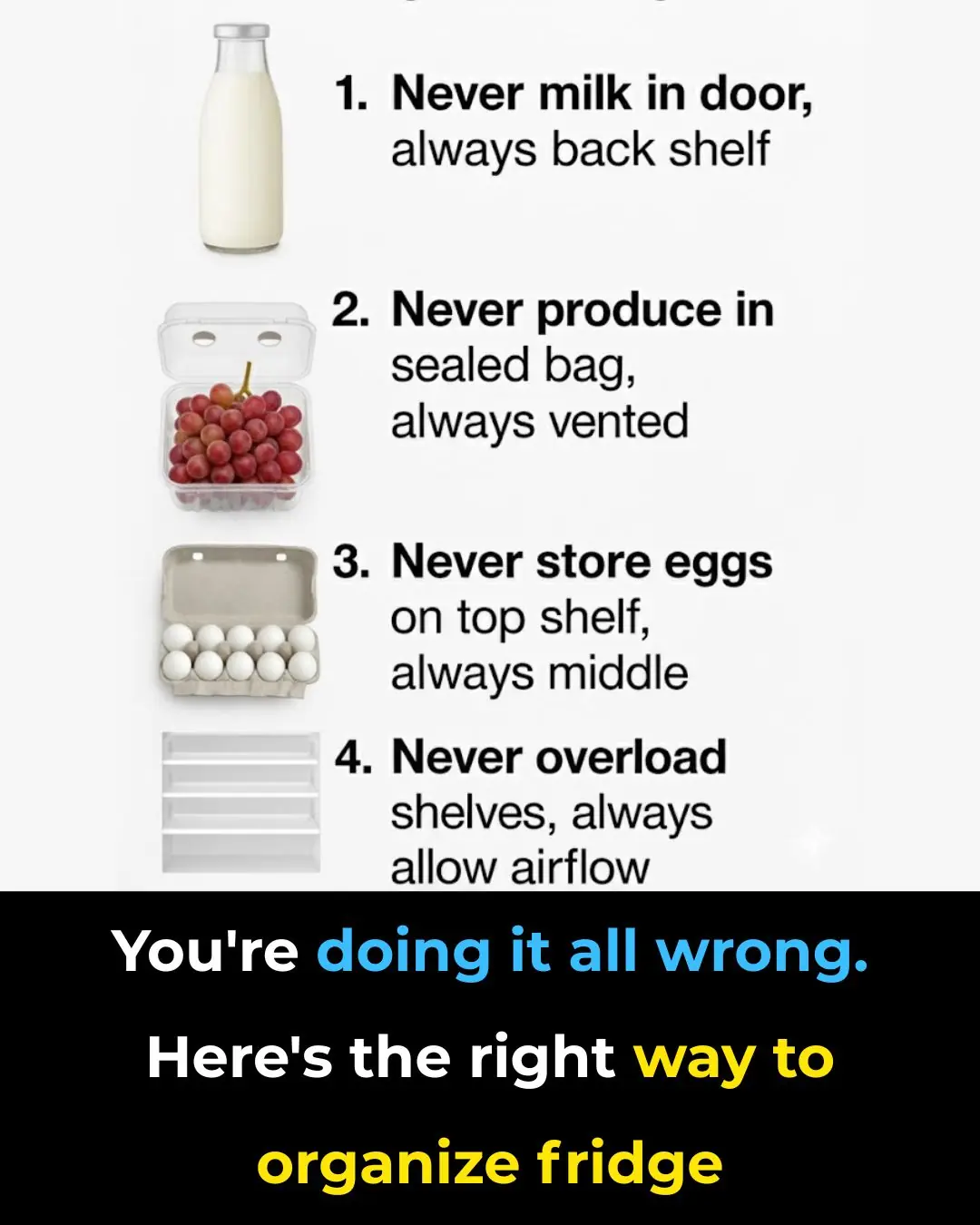
You’re doing it all wrong. Here’s the right way to organize fridge

Canadian Scientists Develop Mini Robot to Treat Kidney Stones Without Surgery

12 medications you should never mix with coffee
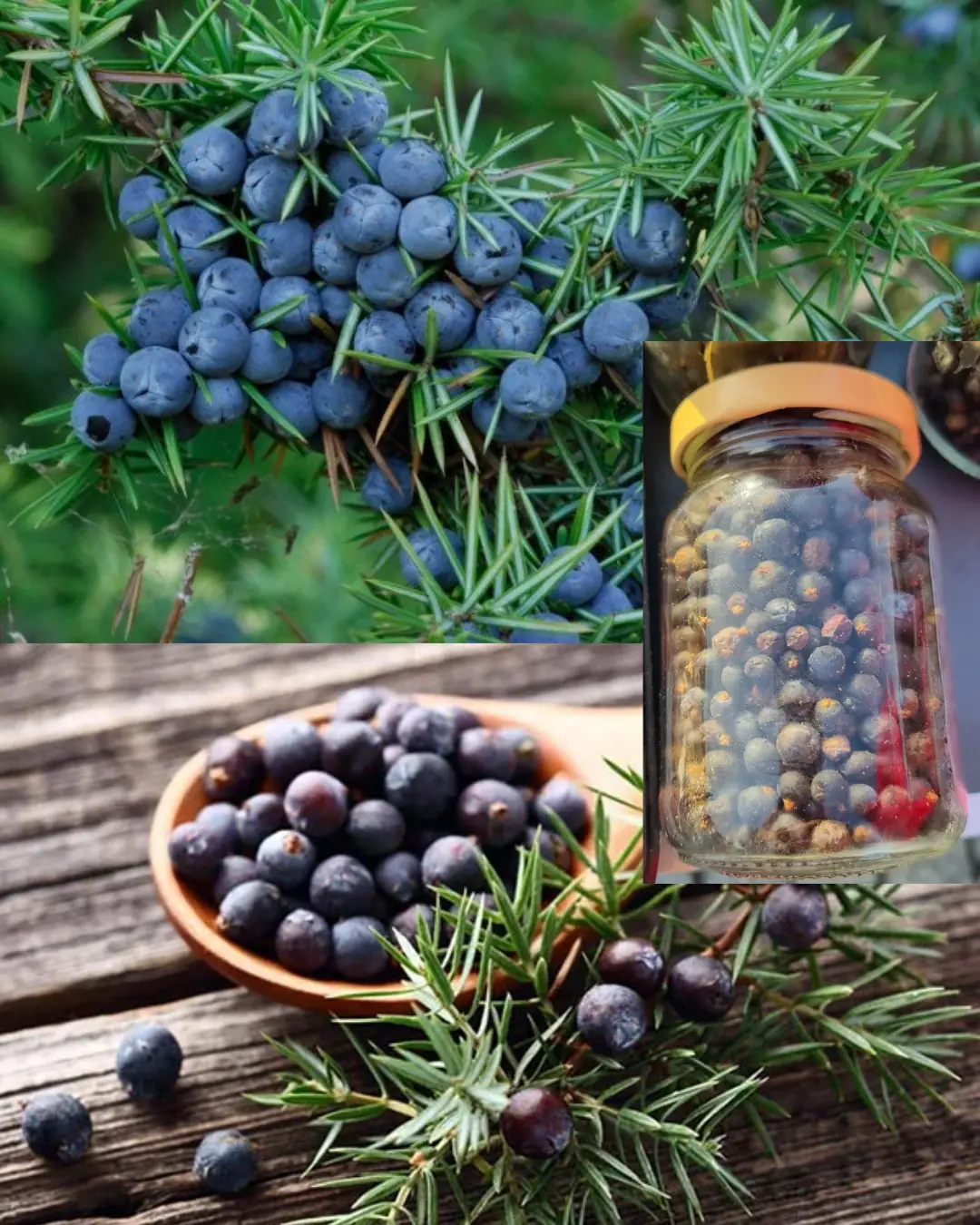
Juniper: 20 Remarkable Benefits and How to Use It
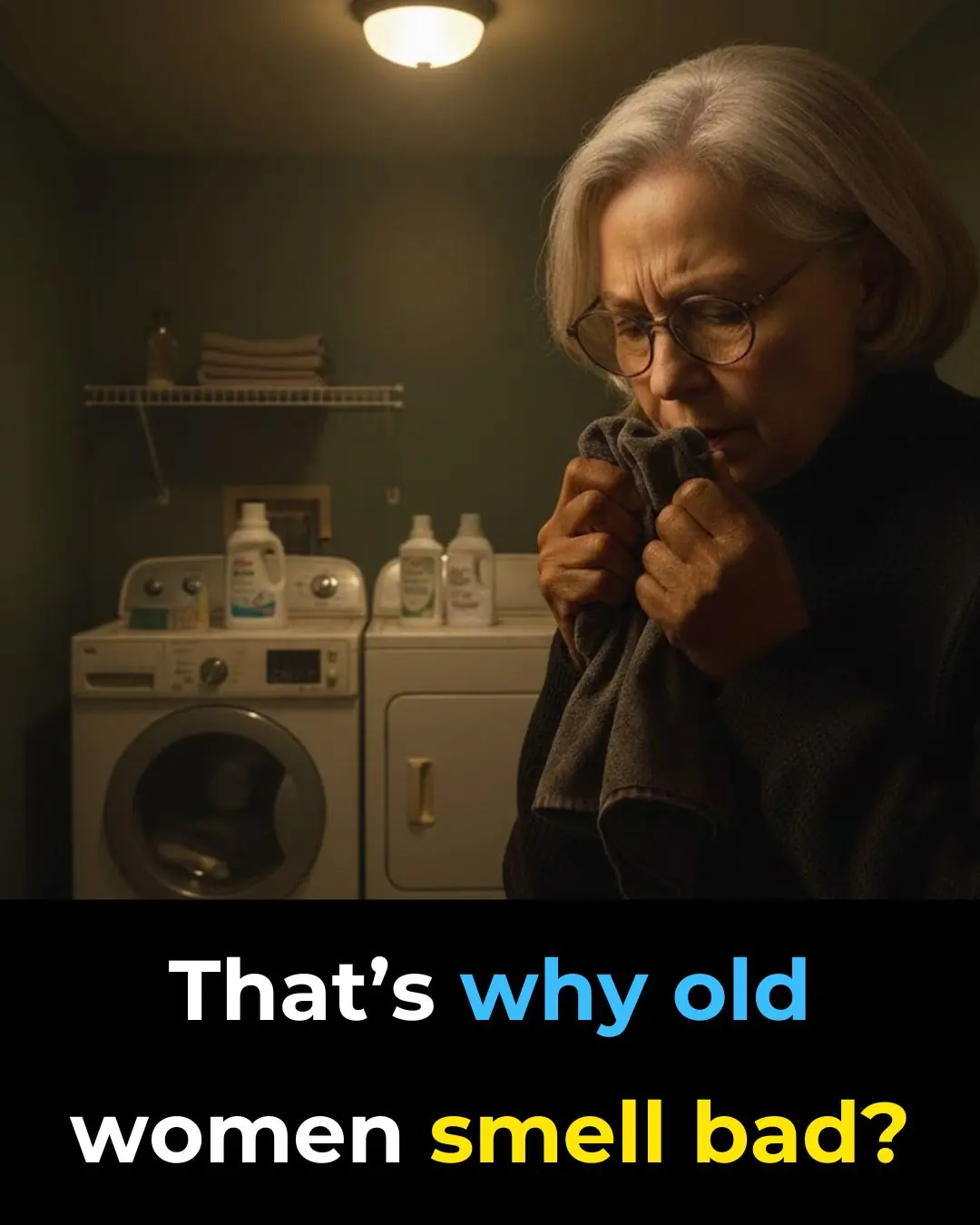
🚿 8 Bathroom Habits That Ruin Your Feeling of Freshness (And How to Fix Them)

Homemade Herbal Hair Oil – Adivasi Hair Oil

Rebuilding with Purpose: Japan’s Monumental Tsunami Wall and Living Forest Shield
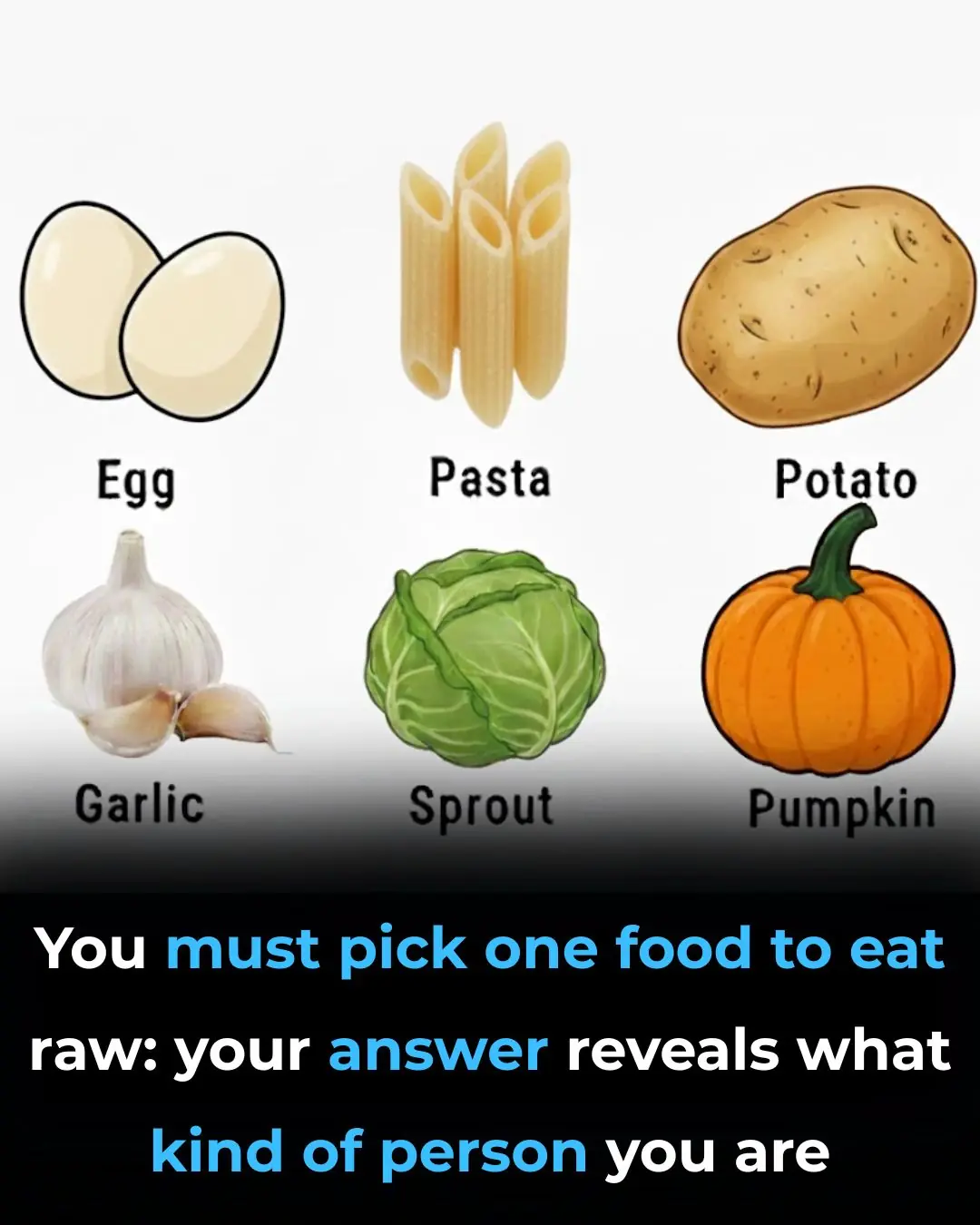
Which Raw Food Would You Eat

WARNING: This common pill causes dementia

